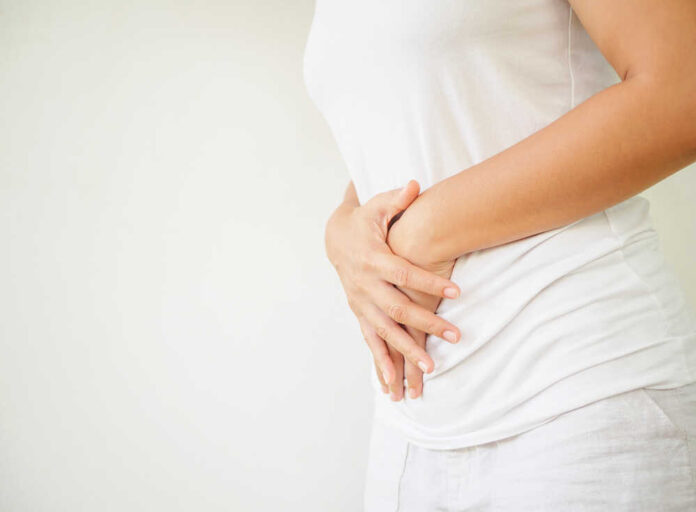
Each year, millions of people worldwide fall prey to foodborne illnesses, unseen adversaries lurking in the very meals that should nourish and sustain us. As we make healthier choices and increase our consumption of fresh produce, we might unknowingly expose ourselves to certain health risks.
One such risk is cyclosporiasis, an illness caused by the parasite Cyclospora cayetanensis, which made headlines this summer when it was linked to an outbreak in 22 states across the United States.
Cyclosporiasis: An Unseen Enemy
Cyclosporiasis is an illness triggered by a tiny, single-celled parasite named Cyclospora cayetanensis. This parasite has an uncanny knack for hiding in fresh produce, primarily fruits and vegetables, leading to outbreaks, especially during the warm spring and summer months.
As of June 22, 2023, the illness has affected 210 individuals across 22 states, with one particular outbreak in Georgia and Alabama linked to the consumption of raw broccoli, leading to 20 reported cases.
Only 30 people have been hospitalized, and there are 0 deaths reported.
Recognizing the Symptoms of Cyclosporiasis
Identifying cyclosporiasis can be challenging, as its symptoms may seem like common digestive issues. These include:
● watery diarrhea
● loss of appetite
● bloating
● increased gas
● cramping
● nausea
● fatigue
These symptoms typically start 7 days after consuming contaminated food. And the symptoms can linger for several weeks or even longer, creating discomfort and inconvenience, and may possibly require hospitalization.
If left untreated, the symptoms might return in waves, leaving you in a constant battle with this pesky parasite.
Treatment and Prevention
The good news is, treatment is available for cyclosporiasis. So, if you start experiencing symptoms, don’t hesitate to see your healthcare provider.
To protect yourself and your loved ones, consider following these safety tips when consuming fresh produce:
● Wash all fresh produce thoroughly under running water before eating, cutting, or cooking it.
● Even if you plan to peel the produce, it’s important to wash it first to avoid spreading the microbes to the inside.
● Refrigerate cut, peeled, or cooked fruits and vegetables as soon as possible, or within two hours.
● Separate uncooked meat and poultry from vegetables, cooked foods, and ready-to-eat foods.
We don’t always know where microscopic threats like Cyclospora cayetanensis might be lurking. But with knowledge and vigilance, we can continue to enjoy our summer salads while keeping ourselves and our loved ones safe.
If you experience symptoms resembling cyclosporiasis, seeking medical assistance promptly can expedite your recovery. Physicians can accurately diagnose the condition and offer effective treatments, helping you to regain your health and well-being.
Remember, food safety isn’t merely about avoiding spoiled food; it’s also about making sure our food doesn’t spoil our health.






















